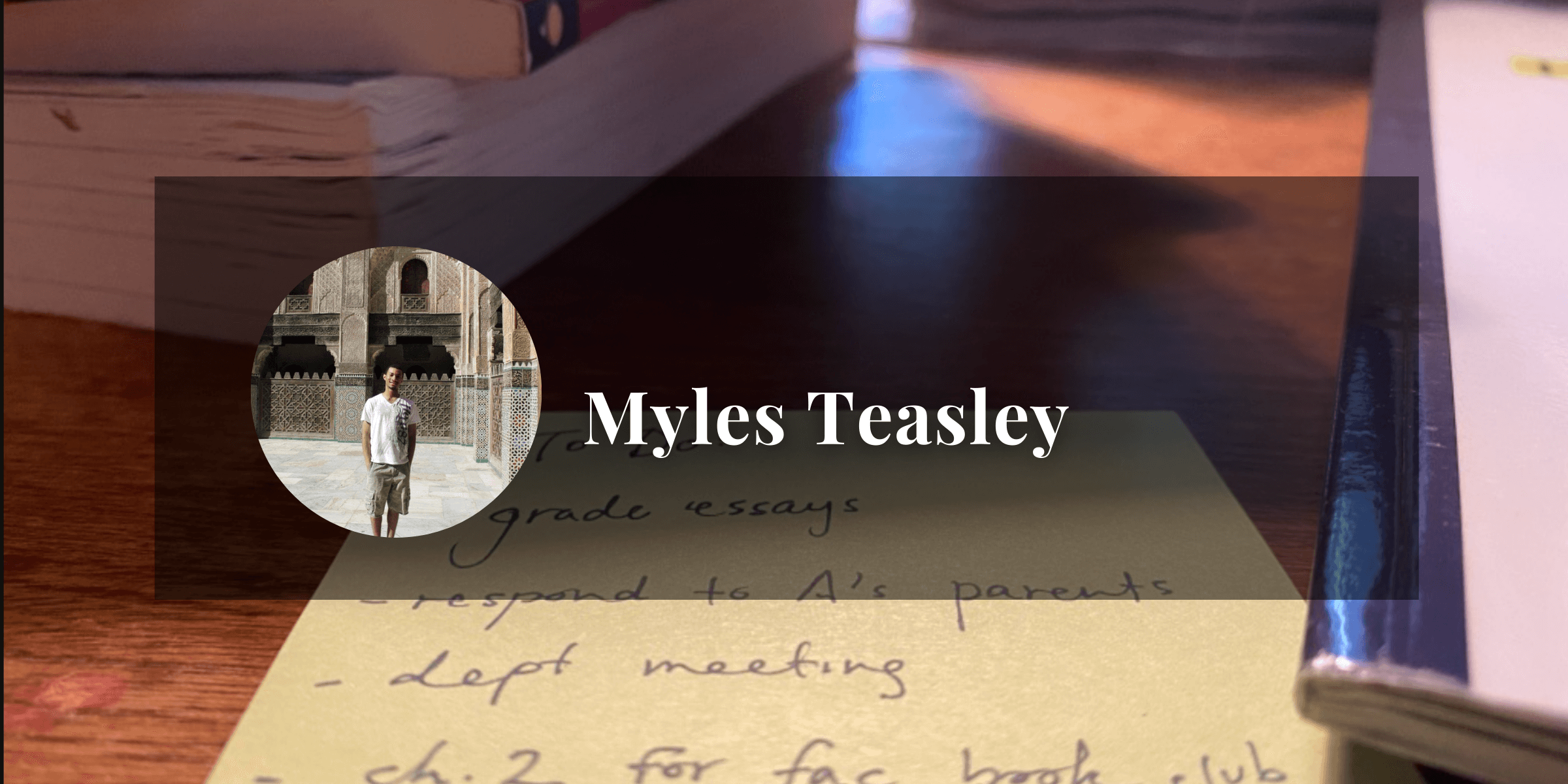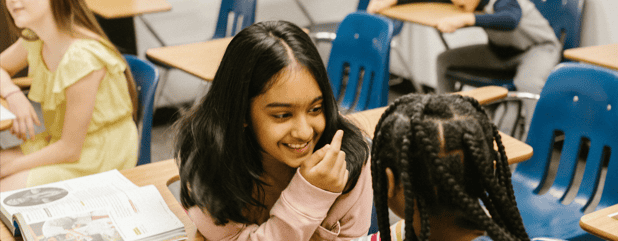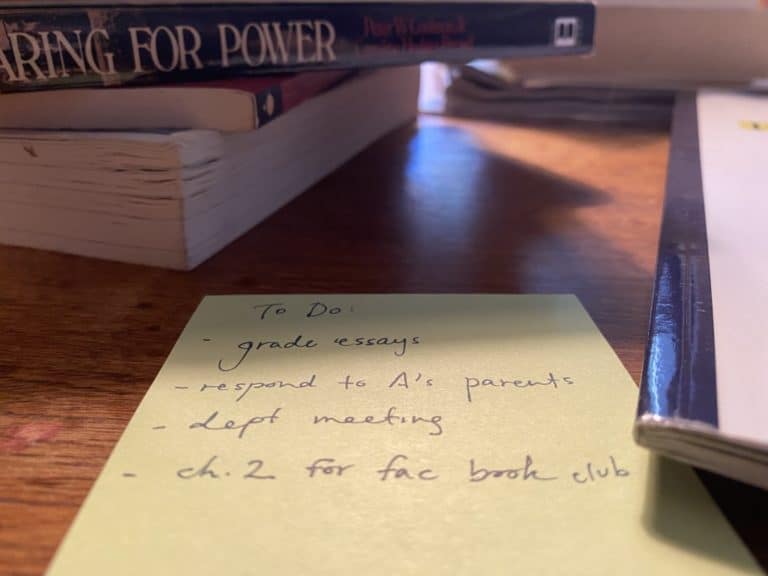Protagonists: Myles Teasley
The Protagonists series highlights the main characters of our mission: the teachers out there hustling to make their students feel known, heard, and challenged through student-led discussion.
Myles Teasley, History teacher at The Potomac School
What is your hometown? Inglewood, California
Favorite teacher growing up: who and why? Mr. Yaron, who taught AP US History, and Mr. Klein, who taught me a course called Assimilation and Conflict in the Modern United States. Yaron had an incredible amount of personality; he brought you into narratives, and accepted it if you wanted you to challenge them. Klein was like the same thing — I don’t remember being told things in his class.
Describe yourself as a student in three words: Curious, participatory, and… hit or miss.
Current City, School, Teaching Assignments? The Potomac School in McLean, VA. I teach 10th grade Modern World history, US Foreign Policy, and Contemporary Conflicts in the Middle East and North Africa.
Favorite historical figure (or best line from history?) I’m in a Franz Fanon phase right now.
Favorite literary character (or best line from novel?) Changez, the main character in Mohsin Hamid’s The Reluctant Fundamentalist.
Favorite school supply? Spiral-bound notebooks with no more than three subject dividers.
Pet peeve about class (student-led?) discussion? When a kid seems to think to himself, “thank God ____ spoke up so that I can just agree with her.” So, when a classroom culture leads to students just relying on a student to tell them what to think in the absence of a teacher doing so.
Favorite moment of class discussion? When students are starting to make beyond-surface observations of a text — when it’s a civil argument or disagreement that arises out of exactly the same text or source material.
Biggest challenge to good discussion in a virtual classroom? Students have more license to be absent or distracted from a discussion when they’re not physically present in the room together.
Text you count on to inspire conversation? The Communist Manifesto is one that I can always count on, or Binyavanga Naiwaina’s How to Write About Africa.
What do you nerd out about? Culturally impactful movies; hip hop; Ottoman politics in the late 19th century (that one, especially, makes the kids think I’m weird)
What is your wish for this world? This is silly but… I wish that this virus will tone down enough for volleyball season to begin in the fall. I coach a boys’ team at a local public school, and I’ve really, really enjoyed that part of my week.
When historians recount 2020, what will they be especially fascinated by? They’ll be fascinated by the gap between the rhetoric and reality of American exceptionalism right now. They’ll also be appalled by how little outcry their is about the unequal racial and economic impacts of this pandemic.
One prediction for the future of schools? Especially after online learning is over, I think we’re going to rediscover the use of a lot of pre-tech tools that we’ve set aside recently.
Best advice given to you by a department chair or supervisor? Be able to defend each decision that you make; everything should have a purpose.
Educator-Influencer you count on? First place you turn for classroom advice? My department chair from when I worked at St. Mark’s School in Texas, Dr. Byron Lawson (now head of Trinity Prep in Winter Park, FL) is who I seek out after familiar colleagues and friends at my own school. I have also, lately, sought out YouTube series about adapting to online learning; I like Edutopia, and I’ve used some of the online resources from the Lawrenceville school, too.
Better classroom discussion will reimagine what History is for students who don’t like memorizing dates and facts.





